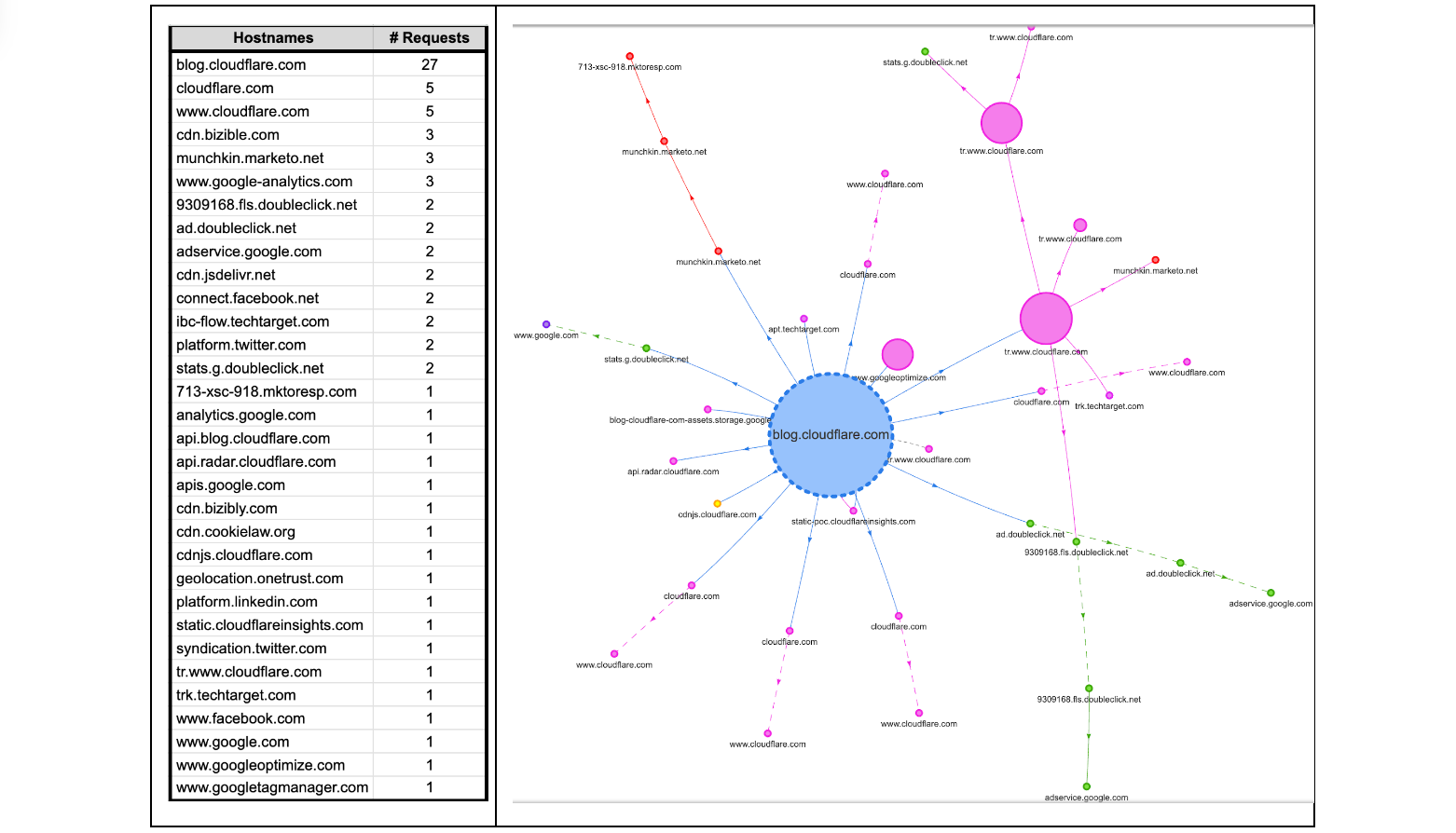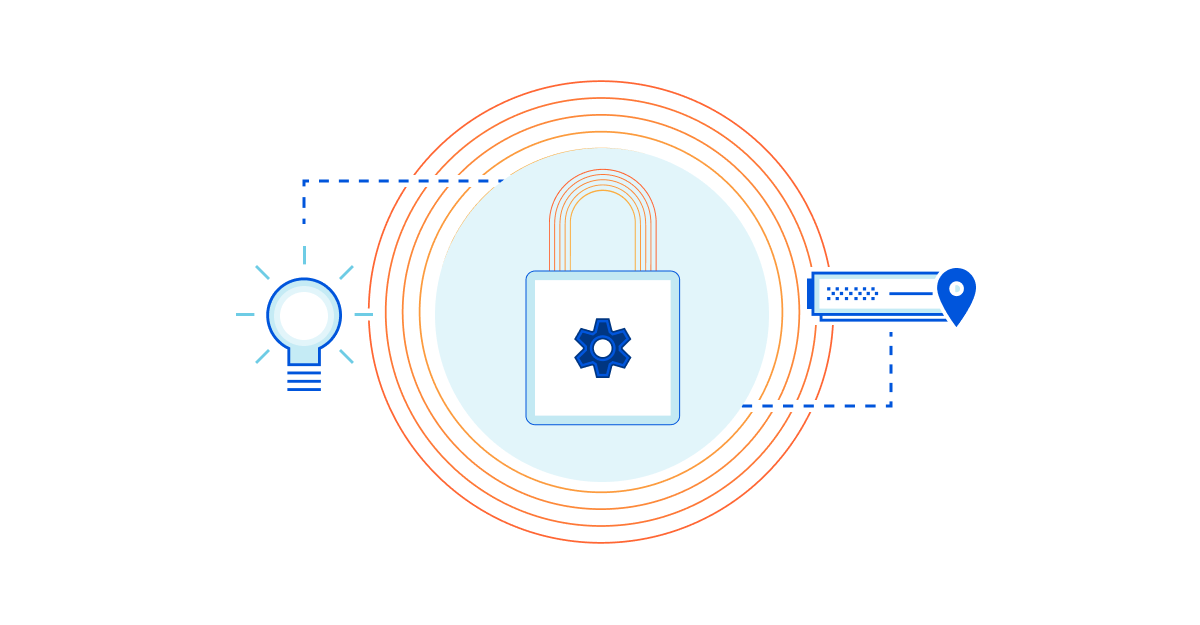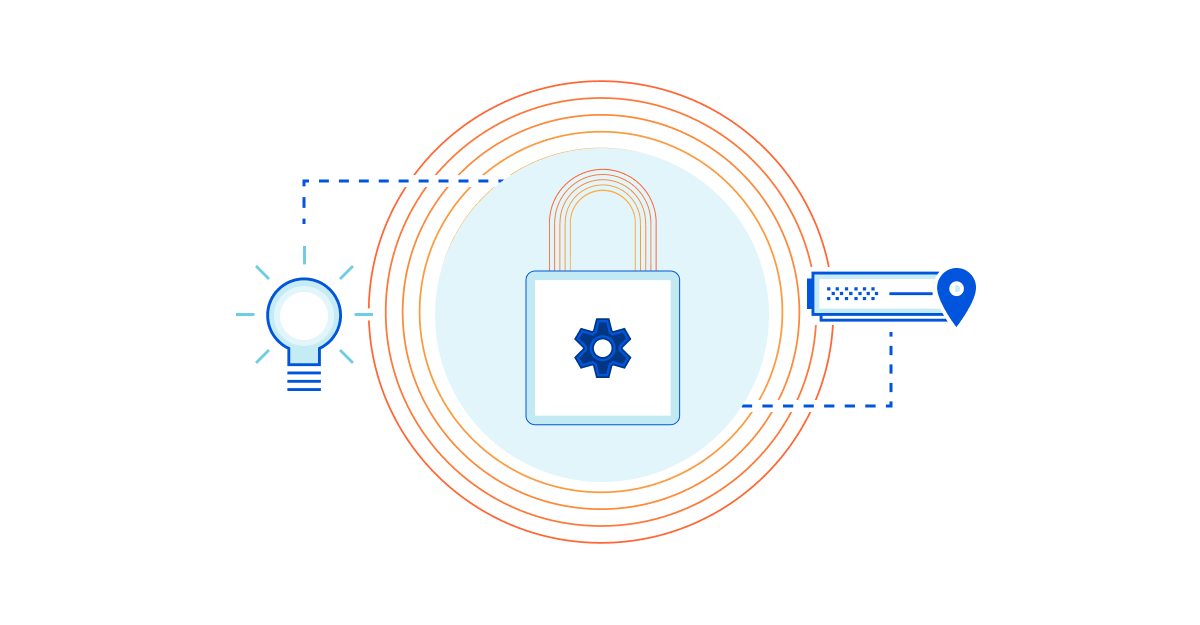Author Archives: Suleman Ahmad
Author Archives: Suleman Ahmad
Connections made over cleartext HTTP ports risk exposing sensitive information because the data is transmitted unencrypted and can be intercepted by network intermediaries, such as ISPs, Wi-Fi hotspot providers, or malicious actors on the same network. It’s common for servers to either redirect or return a 403 (Forbidden) response to close the HTTP connection and enforce the use of HTTPS by clients. However, by the time this occurs, it may be too late, because sensitive information, such as an API token, may have already been transmitted in cleartext in the initial client request. This data is exposed before the server has a chance to redirect the client or reject the connection.
A better approach is to refuse the underlying cleartext connection by closing the network ports used for plaintext HTTP, and that’s exactly what we’re going to do for our customers.
Today we’re announcing that we’re closing all of the HTTP ports on api.cloudflare.com. We’re also making changes so that api.cloudflare.com can change IP addresses dynamically, in line with on-going efforts to decouple names from IP addresses, and reliably managing addresses in our authoritative DNS. This will enhance the agility and flexibility of our API Continue reading


Quantum computers pose a serious threat to security and privacy of the Internet: encrypted communication intercepted today can be decrypted in the future by a sufficiently advanced quantum computer. To counter this store-now/decrypt-later threat, cryptographers have been hard at work over the last decades proposing and vetting post-quantum cryptography (PQC), cryptography that’s designed to withstand attacks of quantum computers. After a six-year public competition, in July 2022, the US National Institute of Standards and Technology (NIST), known for standardizing AES and SHA, announced Kyber as their pick for post-quantum key agreement. Now the baton has been handed to Industry to deploy post-quantum key agreement to protect today’s communications from the threat of future decryption by a quantum computer.
Cloudflare operates as a reverse proxy between clients (“visitors”) and customers’ web servers (“origins”), so that we can protect origin sites from attacks and improve site performance. In this post we explain how we secure the connection from Cloudflare to origin servers. To put that in context, let’s have a look at the connection involved when visiting an uncached page on a website served through Cloudflare.

The first connection is from the visitor’s browser to Cloudflare. In October 2022, we enabled X25519+Kyber Continue reading

This blog reports and summarizes the contents of a Cloudflare research paper which appeared at the ACM Internet Measurement Conference, that measures and prototypes connection coalescing with ORIGIN Frames.

Some readers might be surprised to hear that a single visit to a web page can cause a browser to make tens, sometimes even hundreds, of web connections. Take this very blog as an example. If it is your first visit to the Cloudflare blog, or it has been a while since your last visit, your browser will make multiple connections to render the page. The browser will make DNS queries to find IP addresses corresponding to blog.cloudflare.com and then subsequent requests to retrieve any necessary subresources on the web page needed to successfully render the complete page. How many? Looking below, at the time of writing, there are 32 different hostnames used to load the Cloudflare Blog. That means 32 DNS queries and at least 32 TCP (or QUIC) connections, unless the client is able to reuse (or coalesce) some of those connections.

Each new web connection not only introduces additional load on a server's processing capabilities – potentially leading to scalability challenges during peak usage hours Continue reading


Seven years ago, Cloudflare made HTTPS availability for any Internet property easy and free with Universal SSL. At the time, few websites — other than those that processed sensitive data like passwords and credit card information — were using HTTPS because of how difficult it was to set up.
However, as we all started using the Internet for more and more private purposes (communication with loved ones, financial transactions, shopping, healthcare, etc.) the need for encryption became apparent. Tools like Firesheep demonstrated how easily attackers could snoop on people using public Wi-Fi networks at coffee shops and airports. The Snowden revelations showed the ease with which governments could listen in on unencrypted communications at scale. We have seen attempts by browser vendors to increase HTTPS adoption such as the recent announcement by Chromium for loading websites on HTTPS by default. Encryption has become a vital part of the modern Internet, not just to keep your information safe, but to keep you safe.
When it was launched, Universal SSL doubled the number of sites on the Internet using HTTPS. We are building on that with SSL/TLS Recommender, a tool that guides you to stronger configurations for the backend connection Continue reading